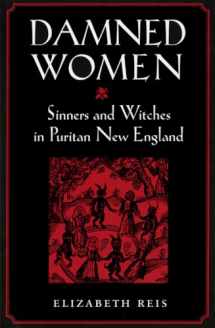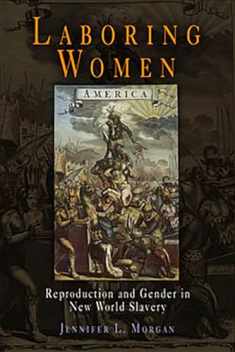
Damned Women: Sinners and Witches in Puritan New England
Book details
Summary
Description
In her analysis of the cultural construction of gender in early America, Elizabeth Reis explores the intersection of Puritan theology, Puritan evaluations of womanhood, and the Salem witchcraft episodes. She finds in those intersections the basis for understanding why women were accused of witchcraft more often than men, why they confessed more often, and why they frequently accused other women of being witches. In negotiating their beliefs about the devil's powers, both women and men embedded womanhood in the discourse of depravity.
Puritan ministers insisted that women and men were equal in the sight of God, with both sexes equally capable of cleaving to Christ or to the devil. Nevertheless, Reis explains, womanhood and evil were inextricably linked in the minds and hearts of seventeenth-century New England Puritans. Women and men feared hell equally but Puritan culture encouraged women to believe it was their vile natures that would take them there rather than the particular sins they might have committed.
Following the Salem witchcraft trials, Reis argues, Puritans' understanding of sin and the devil changed. Ministers and laity conceived of a Satan who tempted sinners and presided physically over hell, rather than one who possessed souls in the living world. Women and men became increasingly confident of their redemption, although women more than men continued to imagine themselves as essentially corrupt, even after the Great Awakening.


We would LOVE it if you could help us and other readers by reviewing the book
Book review





